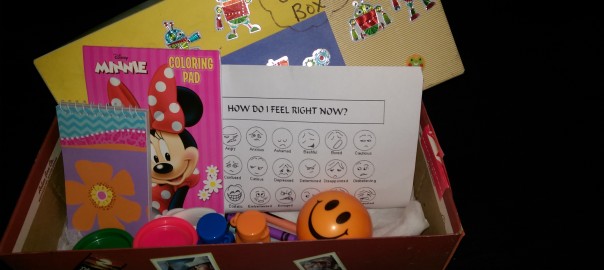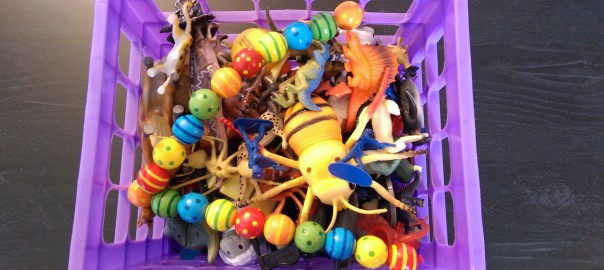How is your stress level right now? How is your child’s stress level? We all experience stress at times, including children. Yes, it is true that children don’t have the same responsibilities as adults, but there are certainly areas of their lives that can cause them stress as well.
Sometimes, as adults, we are not as good about recognizing when the children in our life are experiencing stress. Some of the areas of life that cause adults stress (ex: relationship difficulties) also cause children stress, but there may be things that cause stress for our children that we as adults don’t even recognize as a stressor.







